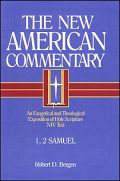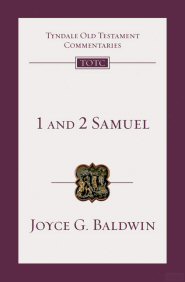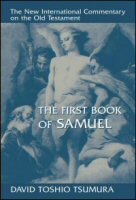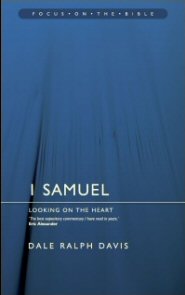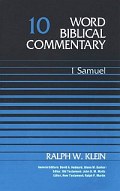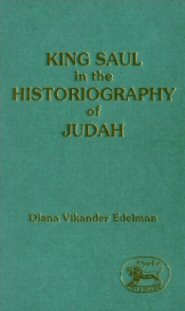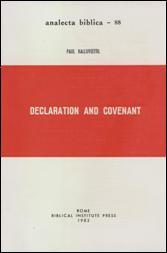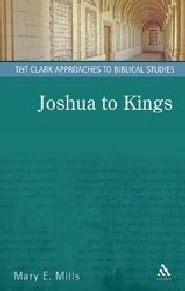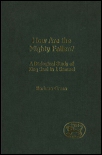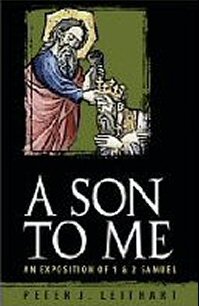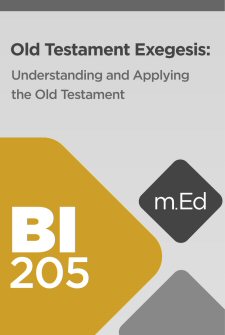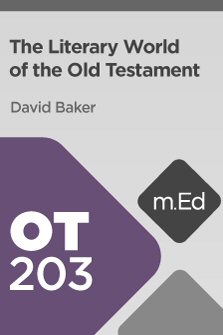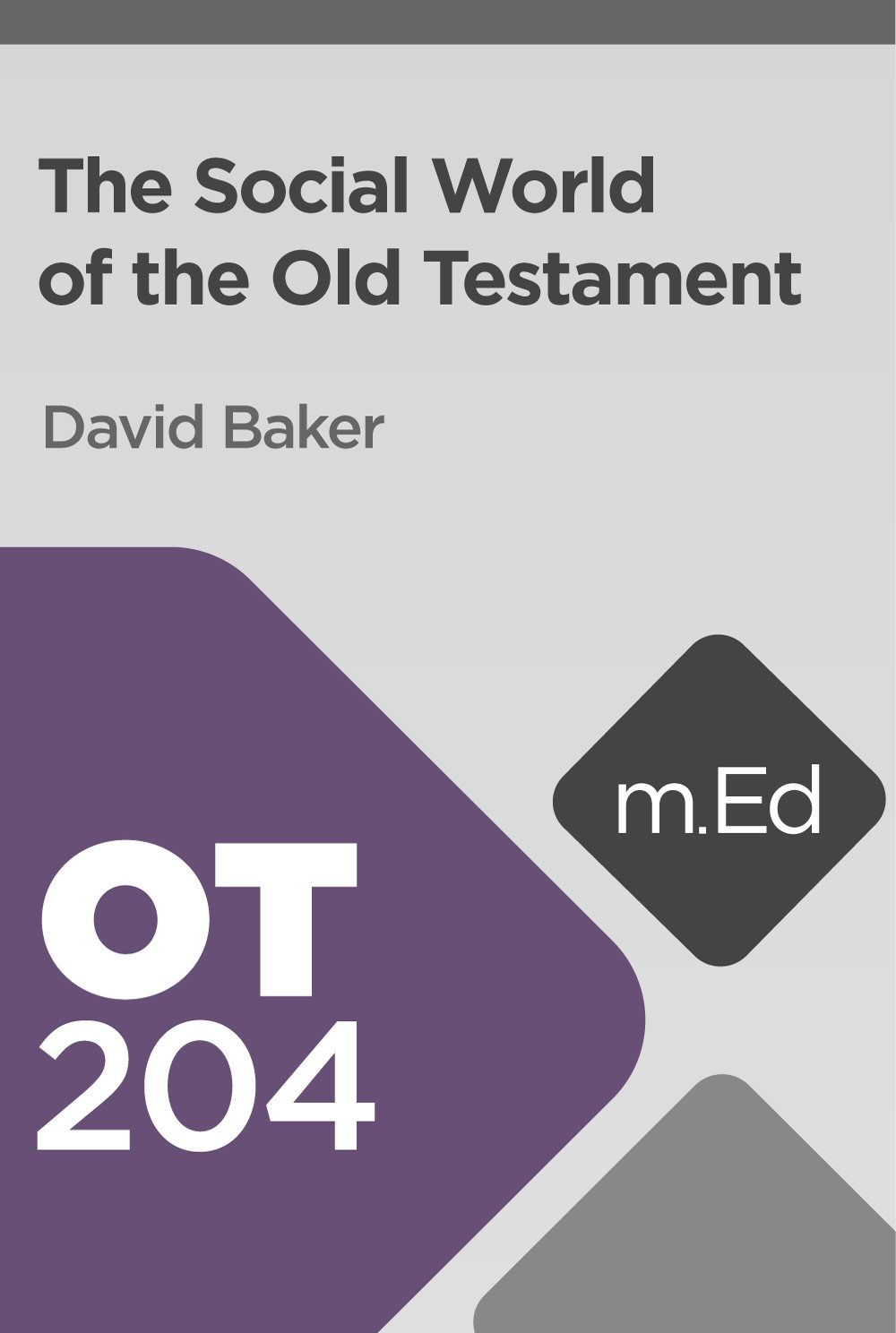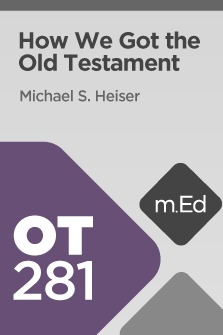1-2 Samuel
The 1–2 Samuel Expository Preaching Kit (L) helps you plan an expositional sermon series by curating a trifecta of the best Bible study materials on 1–2 Samuel you need to prep and preach. It includes everything in 1–2 Samuel Expository Preaching Kit (S) and 1–2 Samuel Expository Preaching Kit (M), plus resources like 1&2 Samuel (Apollos Old Testament Commentary), 1 & 2 Samuel (Belief: A Theological Commentary on the Bible), and Samuel: The Prophet of Transition from the Bible Biography Series.
Small
Medium
Large
